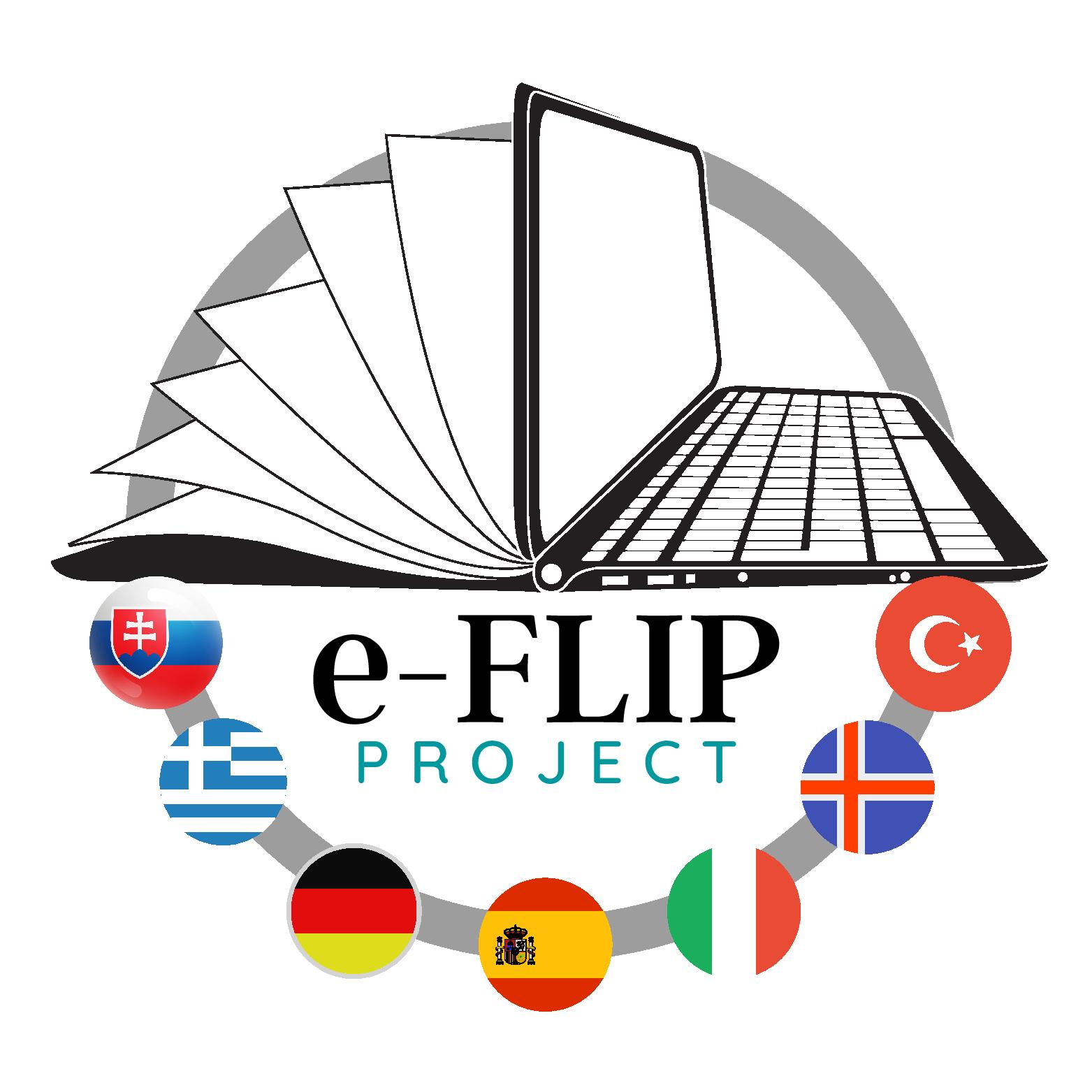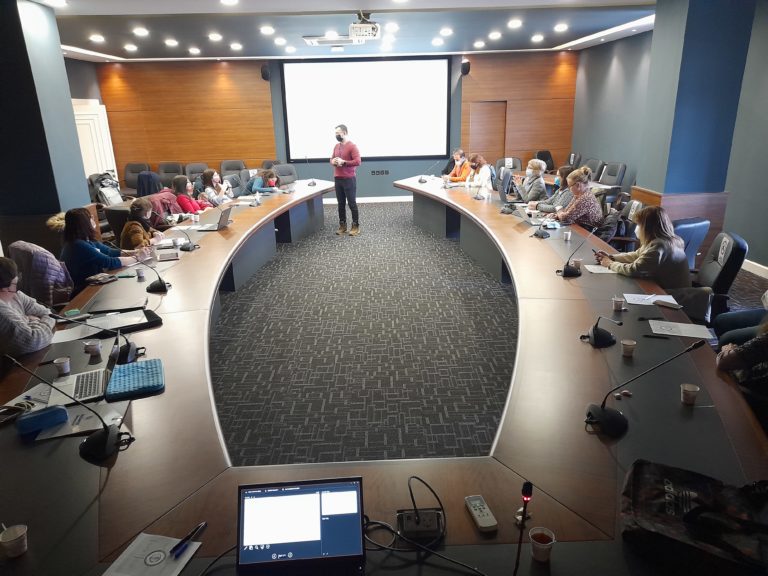Facilitating e-Learning for an Inclusive Pedagogy
2021-1-SK01-KA220-VET-000034712


After the Covid-19 pandemic spread, with the transition from face-to-face education to online education, it has become more vital for teachers to possess pedagogical digital competence in order to manage the learning and teaching process in the most efficient and effective way, considering teacher education processes are predominantly shaped on the basis of effective face-to-face teaching. In the face-to-face education model, the teaching process holds an interactive and inclusive character. However, nowadays in the digitalized model of education, it is considered essential to enhance the VET teachers’ digital competencies and also digital pedagogic proficiencies including competencies on how to include slow learners, foreign students or disabled students in the learning and teaching process along with regular students.
With the initiation of emergency online teaching, all countries and all educational institutions have put a lot of effort to quickly adapt into on-line education. Teachers had to take part in this process without any training on digital competencies. As a consequence, they, directly, tend to transfer face-to-face education activities into online education. Nonetheless, the dynamics of face-to-face education and online education are totally different from each other. In order to ensure the success of education in this process, providing teachers with sufficient digital competence is a key factor: The latest OECD’s TALIS study (2013) showed that 18% of trainers and teachers feel that they need more development of ICT skills for teaching. This also shows us that for effective online teaching it is a priority to develop teachers’ / educators’ digital pedagogical proficiency, specifically digital competency. In addition to this, after COVİD 19 pandemia, effective inclusive online teaching is the main agenda of policy makers, educators, administrators, teachers, parents and students, especially in vocational education which has many practical implementations and is difficult to manage it by online teaching. So it is also vital to develop the digital skills of the vocational school teachers in order to produce a more qualified education and minimize the limitations and risks of online teaching.
This website has been prepared and created for the European Commission however it reflects the views only of the authors, and the Commission cannot be held responsible for any use which may be made of the information contained therein.
Funded by the European Union. Views and opinions expressed are however those of the author(s) only and do not necessarily reflect those of the European Union.
Neither the European Union nor the granting authority can be held responsible for them.

